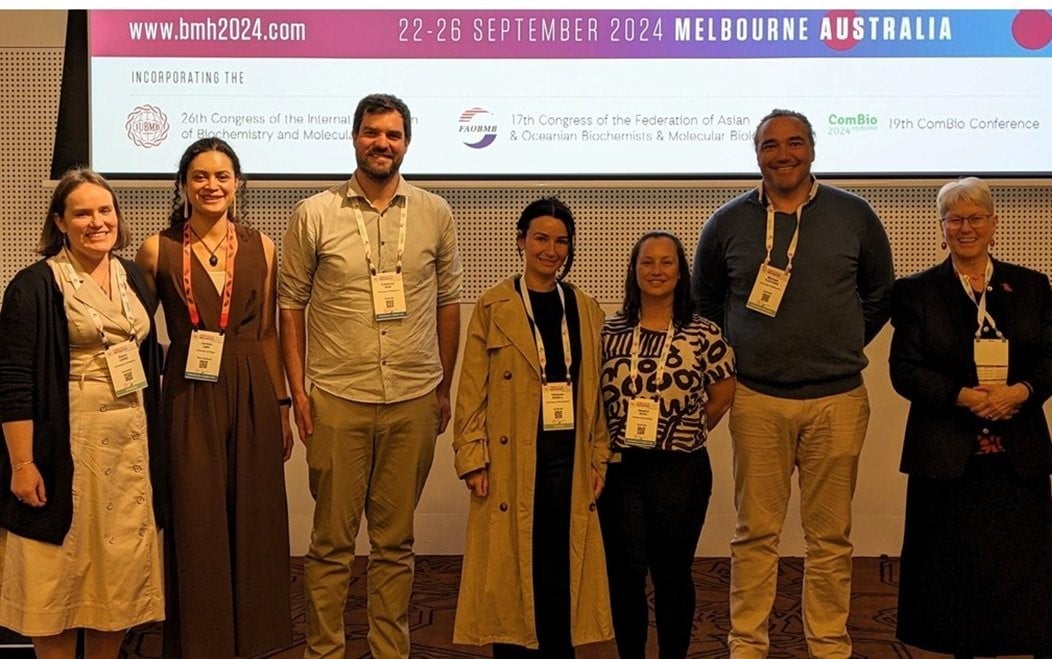Search
Showing results for "A"
Research
Hypoglycemia alarm enhancement using data fusionThe acceptance of closed-loop blood glucose (BG) control using continuous glucose monitoring systems (CGMS) is likely to improve.
Research
Investigations into the role of ST2 in acute asthma in childrenThis study investigated the potential role of ST2 in children with acute asthma.


People
Tim PeschTim Pesch is a Research Officer in the Geospatial Health and Development team at The Kids Research Institute Australia.


News & Events
Beyond the horizon: improving cancer outcomes for Indigenous childrenDr Jessica Buck, a researcher at The Kids Research Institute Australia Cancer Centre and a Kamilaroi woman, is on a mission to address the unique challenges faced by Aboriginal and Torres Strait Islander children with cancer.
Research
Developmental Mismatch Across Brain Modalities in Young ChildrenBrain development during the preschool period is complex and extensive and underlies ongoing behavioral and cognitive maturation. Increasing understanding of typical brain maturation during this time is critical to early identification of atypical development and could inform treatments and interventions.
Research
National E-cigarette Monitoring and Evidence Consortium: Supporting informed research, policy and practice in AustraliaAlexander Larcombe BScEnv (Hons) PhD Honorary Research Fellow Honorary Research Fellow Associate Professor Alexander Larcombe began work at The Kids
Research
Gene editing and cardiac disease modelling for the interpretation of genetic variants of uncertain significance in congenital heart diseaseGenomic sequencing in congenital heart disease (CHD) patients often discovers novel genetic variants, which are classified as variants of uncertain significance (VUS). Functional analysis of each VUS is required in specialised laboratories, to determine whether the VUS is disease causative or not, leading to lengthy diagnostic delays.
Research
Clinician perceptions of research priorities for the management of noncritically ill patients admitted to hospital with SARS-CoV-2 infectionThe changing phenotype of coronarvirus disease 2019 (COVID-19) may quickly render guideline-recommended interventions obsolete. We developed a 40-question clinician survey in consultation with the Australasian COVID-19 Trial site investigators. The survey was designed to assess clinician perceptions of the current treatment strategies and future research priorities in the management of non-critically ill patients admitted to hospital with SARS-CoV-2 infection.
